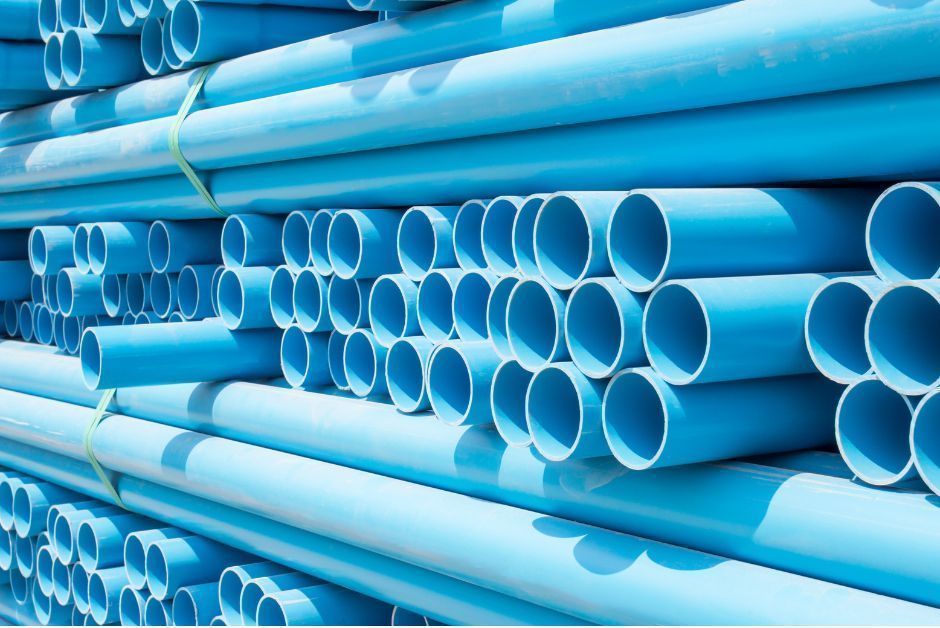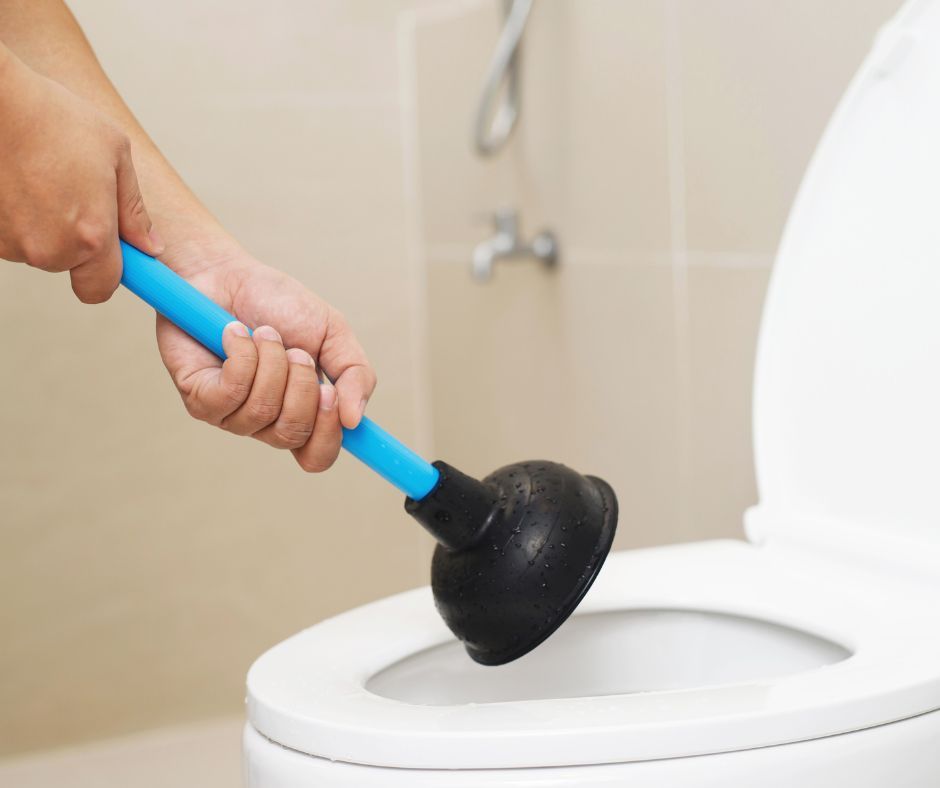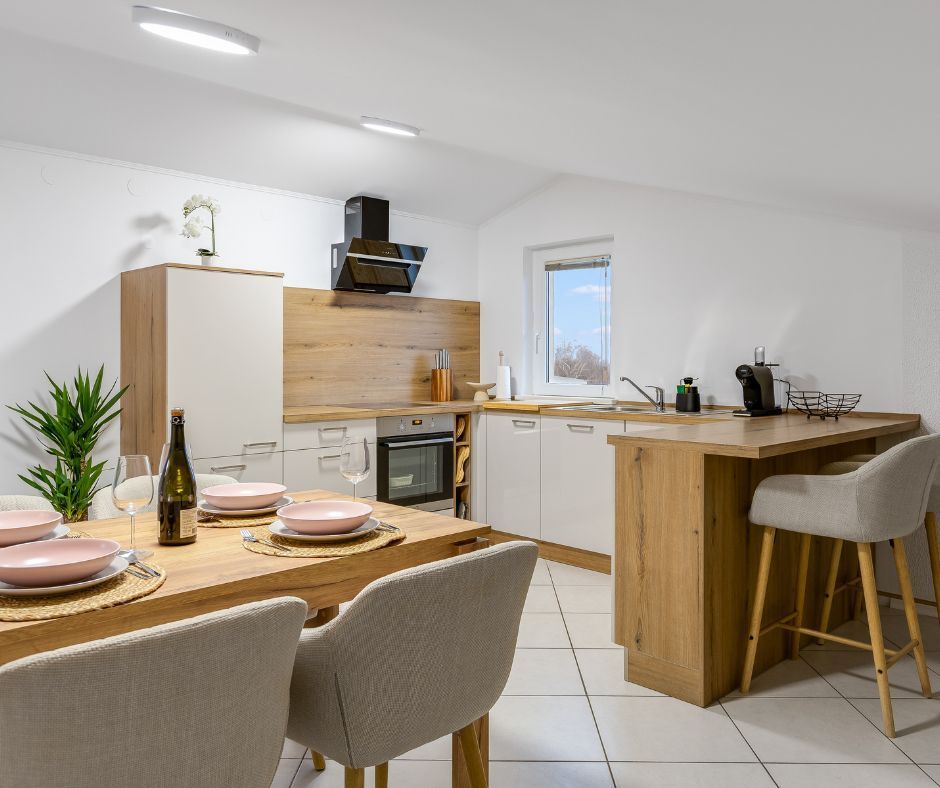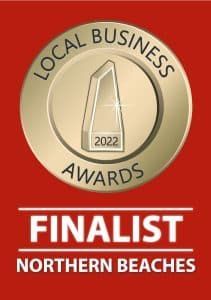Different Kinds of Plumbing Pipes Homeowners Should Know About
Your home's plumbing system is like its lifeline and the pipes are the veins that keep everything flowing smoothly. They silently work behind the scenes to ensure that water flows smoothly for drinking, cooking, bathing and more. Understanding the various kinds of plumbing pipes and how they impact your home’s plumbing system is essential for every homeowner.
Discover the various types of plumbing pipes, their strengths and weaknesses and how each one impacts your home’s plumbing system through this blog post. By understanding your options, you’ll be better equipped to make informed decisions about plumbing repairs, replacements, or new installations.
Understanding the Importance of Knowing What Are the Different Pipes Used in Plumbing
As a homeowner, familiarising yourself with what are the different pipes used in plumbing is crucial. Each material has its own strengths and weaknesses, making it important to choose the right one for your specific needs.
The type of pipe you select can have a significant impact on the efficiency, durability and maintenance of your plumbing system. By understanding how different pipes for plumbing affect your home, you can ensure a reliable, long-lasting plumbing setup that suits your requirements.

Types of Plumbing Pipes
Let’s explore what are the different pipes used in plumbing and how they are typically used.
PVC (Polyvinyl Chloride)
PVC pipes are widely used in residential plumbing for their durability and cost-effectiveness. They are lightweight, easy to install and resistant to corrosion. PVC is typically used for:
- Drainage: Ideal for drainage and venting systems.
- Water Supply: Suitable for cold water supply lines.
PEX (Cross-Linked Polyethylene)
PEX pipes have gained popularity in recent years due to their flexibility and ease of installation. They are often used for:
- Water Supply: Great for both hot and cold water lines.
ABS (Acrylonitrile Butadiene Styrene)
ABS pipes are known for their strength and resistance to impact. They are black in colour and are often used for:
- Drainage: Effective for waste pipes and venting systems.
- Sewage: Suitable for underground drainage systems.
Copper
Copper pipes have been a plumbing staple for decades. They are known for their durability and resistance to bacteria. Common uses include:
- Water Supply: Effective for both hot and cold water lines.
- Gas Lines: Used for natural gas and propane lines.
Galvanised
Galvanised pipes are made from steel and coated with zinc to prevent rust. While they were once popular, they are less common today due to issues like corrosion. Their uses include:
- Water Supply: Previously used for potable water supply, now being phased out in favour of better materials.
- Drainage: Can be used for drainage and venting systems.
Cast-Iron
Cast-iron pipes are known for their strength and durability. They are often found in older homes and are used for:
- Sewage and Drainage: Suitable for waste lines due to their ability to handle heavy loads.
- Ventilation: Often used in venting systems due to their sound-suppression properties.
Polyethylene (PE)
Polyethylene pipes are flexible and resistant to chemicals and corrosion. They are primarily used for:
- Water Supply: Commonly used for underground water lines.
- Gas Line System: Stands out as the preferred type of pipe for gas mains as well as distribution pipelines.
Pros and Cons of Different Pipes for Plumbing
Understanding the pros and cons of different pipes for plumbing will help you choose the best option for your home.
PVC (Polyvinyl Chloride)
- Pros: Lightweight, durable, affordable and resistant to corrosion.
- Cons: Not suitable for hot water lines, can become brittle over time.
PEX (Cross-Linked Polyethylene)
- Pros: Flexible, non-corrosive, cheaper than copper.
- Cons: Not suitable for outdoors, requires special tools for connections.
ABS (Acrylonitrile Butadiene Styrene)
- Pros: Strong, inexpensive, ease of connection.
- Cons: Contains BPA which may cause cancer.
Copper
- Pros: Durable, long lifespan, can handle hot or cold water, resist corrosion.
- Cons: Expensive, challenging to use in small spaces.
Galvanised
- Pros: Strong, resistant to rust.
- Cons: Heavy, prone to corrosion, not suitable for drinking water.
Cast-Iron
- Pros: Very durable, cheaper than copper, heat resistant.
- Cons: Prone to rust and buildup if not maintained, heavy.
Polyethylene (PE)
- Pros: Flexible, resistant to chemicals, lightweight, recyclable.
- Cons: Not suitable for hot water, may crack due to certain situations, difficult to bond.
Factors to Consider in Choosing the Right Plumbing Pipe for Your Home
When selecting the right plumbing pipe for your home, consider the following factors:
Durability
The lifespan of the pipe material is crucial. Different materials hold up differently under varying conditions like heat, cold and water pressure. For example, PVC and PEX are known for their long-lasting performance, while galvanised pipes can corrode over time.
Cost
Evaluate both the plumbing cost of materials and installation for your plumbing project. While some materials may be pricier, they could offer better durability and longevity, saving you money in the long run.
Location and Use
Determine whether the pipes will be used for water supply, drainage, or gas lines. Each material is designed for specific applications, so choose accordingly.
Water Quality
Consider the quality of the water in your area. Certain materials, like copper, may react with acidic water, leading to corrosion. In such cases, alternatives like PEX or PVC may be better suited.
Ease of Installation and Maintenance
Some materials are easier to install and maintain than others. PEX, for example, is lightweight and flexible, making it easier to work with than heavy cast-iron pipes.
For Professional Help on All Kinds of Plumbing Pipes – Call Eze-Flow Plumbing
Choosing the right type of plumbing pipe for your home is essential for a reliable and efficient plumbing system. With so many options available, it’s important to understand the strengths and weaknesses of each material to make an informed decision. If you’re feeling overwhelmed or unsure, don’t hesitate to reach out for professional help.
Eze-Flow Plumbing has the expertise to work with all kinds of plumbing pipes and systems. Our team is ready to assist you with any plumbing needs. Burst pipes and leaks? Drainage solutions? We got you!
Don’t wait any longer for worse to come. Contact us for reliable and professional plumbing services that you can trust.











































































































